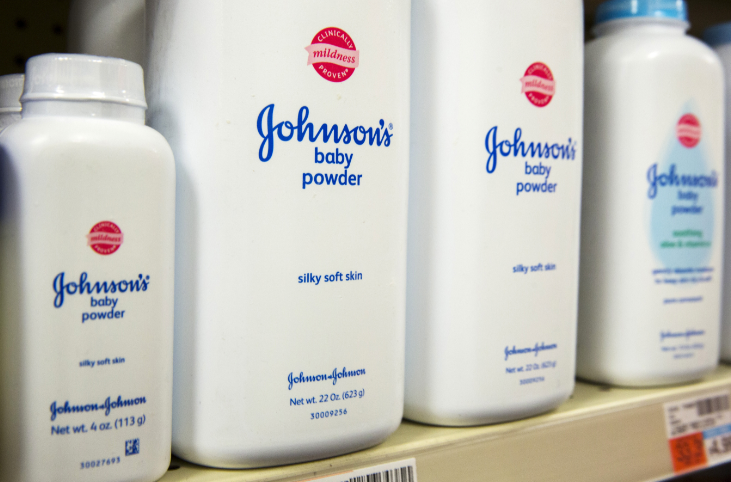Lab reports say that the few numbers of discoveries of discovering asbestos in Johnson's Baby Powder was because of contamination in the testing room.
The US Food and Drug Administration's (FDA) discovery of traces of asbestos in Johnson's Baby Powder earlier in the year caused Johnson and Johnson (J&J) to recall 33,000 bottles of the said powder to do its own testing.
Upon prolonged use, a new study shows a connection of asbestos contamination of baby/body powders to cancer wherein 33 people developed mesothelioma, a cancer that attacks the linings of the lungs, heart or abdomen, with a life expectancy of 12-21 months after diagnosis.
Talc, the main ingredient of baby powder, and asbestos are minerals that show up near each other under the earth.
The FDA said body or baby powders can be contaminated by asbestos if mines aren't chosen properly and the mined powder isn't sufficiently purified.
J&J announced 11 days after the discovery that they had found no trace of the contaminant.
A Pennsylvania lab result that J&J hired initially said that some testings got done in a room which has been used regularly for gunshot residue examination that's why initial findings show trace amounts of asbestos.
According to the testing company's letters, the first results showing asbestos in certain samples of Johnson's Baby Powder came from a polluted cooling unit in one of the lab's testing rooms.
No asbestos was found in repeated tests done in the lab's other room.
The other laboratory that J&J hired in Georgia told the organization investigating this matter that it found no asbestos in the baby powder.
However, a letter from the lab shows it hadn't finished its testing.
This added to the confusion on the released lab reports of the company.
J&J said it is continuous in its sample testings and will release an update at the proper time.
Likewise, the company is fending off 100,000 claims on false product safety and marketing plus 16,000 more law suits regarding its baby powder causing ovarian cancer.
J&J says its baby powder is safe and doesn't cause malignant growth.
A judge will decide in the coming weeks whether the discoveries of the FDA that the offended parties' lawyers have sent are sufficient for a court hearing.
Johnson & Johnson said that because of the concerns "raised by the FDA's test outcomes" the company's examination "began and moved with speed and ingenuity" in retesting the samples so "we could more readily comprehend" the findings of the FDA.






